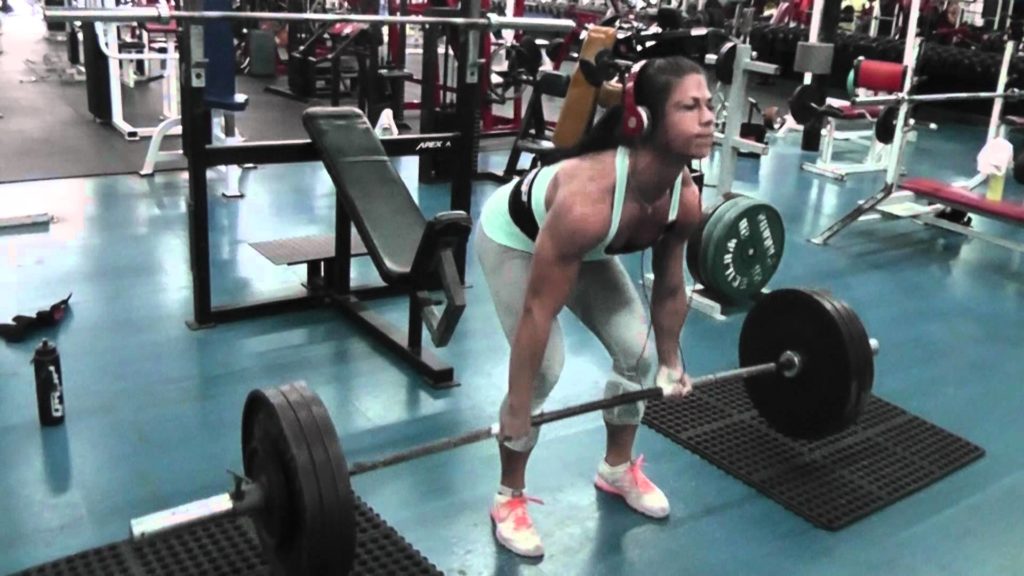2016.08.11 CSCS Daily Study Question:

A limb and muscle that replicate a second-class lever setup is moving in an eccentric muscle action. Which of the following is true?
(A) The muscular force is greater than the resistive force on opposite sides of the lever fulcrum
(B) The muscular force is greater than the resistive force on the same side of the lever fulcrum
(C) The muscular force is less than the resistive force on opposite sides of the lever fulcrum
(D) The muscular force is less than the resistive force on the same side of the lever fulcrum
Continue Reading / scroll down for answer…..
Try Another CSCS Question of the Day
Correct Answer:
(D) The muscular force is less than the resistive force on the same side of the lever fulcrum
Explanation:
Pay no attention to the picture above the question; it’s just there to distract you. If you look at the question, it asks about a “second-class” lever. First-class levers have muscular and resistive forces on opposite sides of a fulcrum. Second- and third-class levers have forces that act on the same side of the fulcrum. The difference between a second- and third- class lever is the length of the muscular and resistive moment arms. Second-class levers have a moment arm of muscular force that is greater than the moment arm of resistive force, making them more mechanically efficient. Third-class levers have a moment arm of resistive force that is greater than the moment arm of muscular force, making them less mechanically efficient. Since the question states that the muscle action is “eccentric” we know that the resistive force is currently greater than the amount of muscular force applied.
Reference:
Essentials of Strength Training & Conditioning 3rd edition p. 69 – 70, 78
These CSCS exam practice questions were created to help users study for the Certified Strength and Conditioning Specialist certification exam from the National Strength and Conditioning Association (NSCA). Using CSCS exam practice questions is an efficient way to study the most relevant material for the Certified Strength and Conditioning Specialist exam. CSCS exam practice questions can help you to remember important concepts and test your knowledge of the material in a no-pressure environment. The Certified Strength and Conditioning Specialist designates that a fitness professional has the scientific and practical knowledge necessary to assist athletes to improve their physical performance.
If you’re like most strength and conditioning specialists, chances are that you like sports and you have a competitive mindset. For people who are competitive, doing practice questions is awesome because 1) they like to win, and 2) the sting of getting a question wrong burns the correct answer into the mind of a competitive person unlike any other learning method.
The Certified Strength and Conditioning Specialist (CSCS) exam by the National Strength and Conditioning Association (NSCA) is a four-hour-long, pencil and paper or computer-based examination. The Certified Strength and Conditioning Specialist exam has two sections: “Scientific Foundations” and “Practical / Applied.” Each of these sections consist of questions that the National Strength and Conditioning Association (NSCA) feels are relevant to test the knowledge and experience of a candidate for the Certified Strength and Conditioning Specialist (CSCS) professional credential. Certified strength conditioning specialist comprehensive questions from the Scientific Foundations section include anatomy, exercise physiology, biomechanics, and nutrition. certified strength conditioning specialist comprehensive questions from the Practical / Applied section include program design, exercise techniques, testing and evaluation, and organization / administration (NSCA, 2015).
2016.08.11 CSCS Daily Study Question